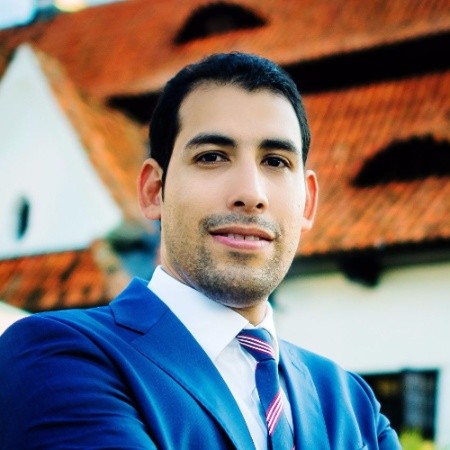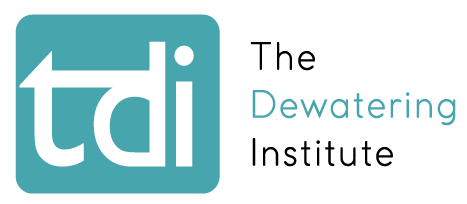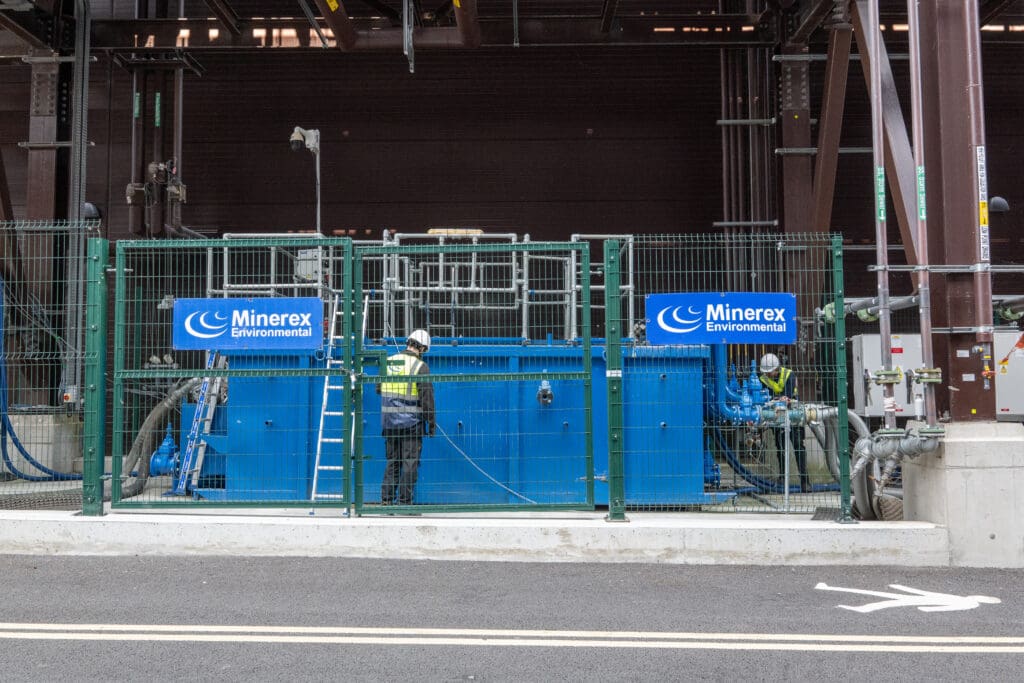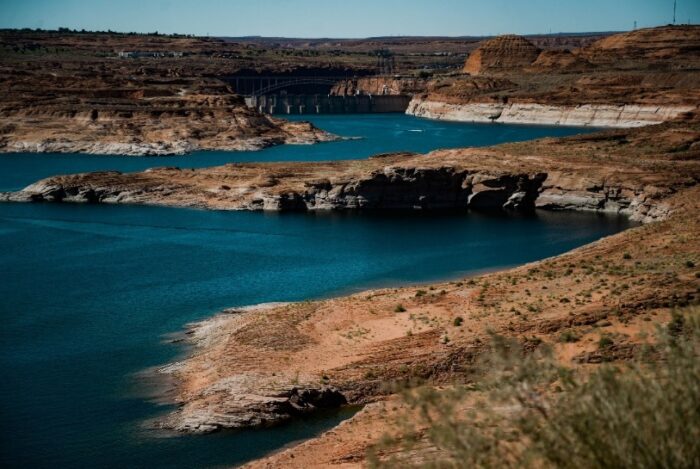As part of the The Dewatering Institute‘s commitment towards knowledge sharing, TDI is developing a series of monthly interviews of industry leaders and professionals from different parts of the world.
This month’s edition feature newly appointed TDI Advisory Council Member, Mr Andres Pinto, Regional Technical Lead – Ground Engineering, Stantec.

Can you tell us more about your work history and how you got into ground engineering?
My work history starts back 21 years ago when, as a freshly graduated civil engineer, I joined a geotechnical consultancy firm in Colombia. It was one of the most amazing experiences, since I had the opportunity to be mentored by experienced ground engineering professionals to solve problems arising from complex geotechnical conditions in a mountainous and seismically active country. I travelled all around the country to participate in projects covering various challenges, from earth dams geotechnical and seismic risk assessment to seismic microzonation and site-specific seismic response studies. From the experience gained during my initial professional years I reaffirmed my interest in ground engineering. In 2007, I moved to Europe to pursue Master studies in Geotechnical and Earthquake Engineering and to gain professional experience working for design consultancy firms and contractors in the management, design, procurement, and construction of geotechnical and tunnelling large-scale underground projects. In 2012, I relocated to the Middle East to be part of the construction of the Doha Metro Underground Project, from tender design to handing over. Most recently in 2019, I joined Stantec as the Middle East Regional Technical Lead for Ground Engineering, where I have participated in various projects covering the design and construction supervision of underground pumping stations, tunnels, earthworks, and outfalls.
What are your favourite projects that you’ve worked on in your career?
There are two projects that keep a special place in my heart. The first one was the design and construction of the High-Speed Railway system between Barcelona and French border, including tunnels and underground stations. Being part of the project that linked both Spain and France with a high-speed railway system for the first time was a great achievement for my career. The second project was the design and construction of the Doha Metro Gold Line, also called the historic line. Seeing the Doha Metro system up and running, transporting millions of people from different nationalities during the recent FIFA World Cup 2022 in Qatar, made me realized how important our role is to contribute to the development and wellbeing of society.
What are some of the biggest challenges you’ve seen in the industry?
One of the biggest challenges I have experienced in the ground engineering industry is to convince clients and stakeholders on the importance of allocating adequate resources at the beginning of their projects to properly identify, evaluate and manage risks arising from ground conditions and their impacts in assets and the environment. Ground engineering projects are often subject to cost and time overruns due to unforeseen ground conditions or changes in design and construction that could be prevented if proper resources were allocated at an early stage of the project.
What do you foresee the biggest challenges within the industry in the near future?
The use of technology, especially as it relates to project plan review and telemetry systems for monitoring, has been a tremendous development. It is extremely beneficial to watch a dewatering system’s performance remotely to understand flow and drawdown so we can alert our clients of potential issues. Groundwater modeling software has also become a staple of a thorough dewatering analysis. We regularly create groundwater models during the design process to give us additional insight into how a system might perform or what impact shoring/adjacent water bodies/variable geology might have on the system design.
As stated previously, permitting and other regulations have changed over the years which has required additional testing of the dewatering effluent prior to discharge. Temporary treatment of dewatering discharge has been an increasing occurrence because of this, especially as new contaminants and regulations are encountered (i.e. PFAS).
How have you seen the industry develop over the past decades?
The ground engineering industry has evolved significantly over the past few decades, with a greater focus on sustainability, improved safety practices and access to a wide range of technologies, including advanced software, GIS tools and remote sensing. As the demand for infrastructure and urban development continuous to grow, ground engineering projects are becoming increasingly complex and challenging, requiring the involvement and collaboration in a multidisciplinary environment.
How do you see technology playing part in the industry in the future?
The future of ground engineering is likely to be shaped by technology, as new tools and techniques are developed and adopted to meet the evolving demands of infrastructure and urban development. I see the use of advanced design software, remote sensing tools and artificial intelligence, as part of our day-to-day life as ground engineers. The use of technology would allow us to evaluate large amount of information and provide insights to make better decisions.
Why would you recommend younger generations a career in the ground engineering and dewatering industry?
Ground engineering and dewatering are rewarding and challenging fields that offer opportunities for growth, career progression and the chance to contribute to important infrastructure projects. With a growing demand for underground infrastructure worldwide, there has never been a better time for younger generations to consider a career in these industries.
What aspects of the industry do you think need improving?
There has been a considerable progress in the ground engineering industry in the past decades. However, there is still room for improvement in areas such as sustainability, sharing of information, collaboration, and innovation.
Why do you think TDI is important for the industry and how it can help the industry develop?
The Dewatering Institute is important for the industry since it provides an open platform to share knowledge, industry best practices, case studies and to promote networking opportunities between its members. Collaboration between TDI members from a worldwide network will be a key aspect to develop the dewatering industry business in the future.
What was the greatest encouragement someone gave you regarding business?
A business partner once told me that the greatest risk in life is not taking one. To me, taking risks and stepping out of the comfort zone is crucial for achieving success in business, if you can implement risk mitigation measures to minimize their potential impacts.
What is your life motto?
Strive for excellence in everything you do.








